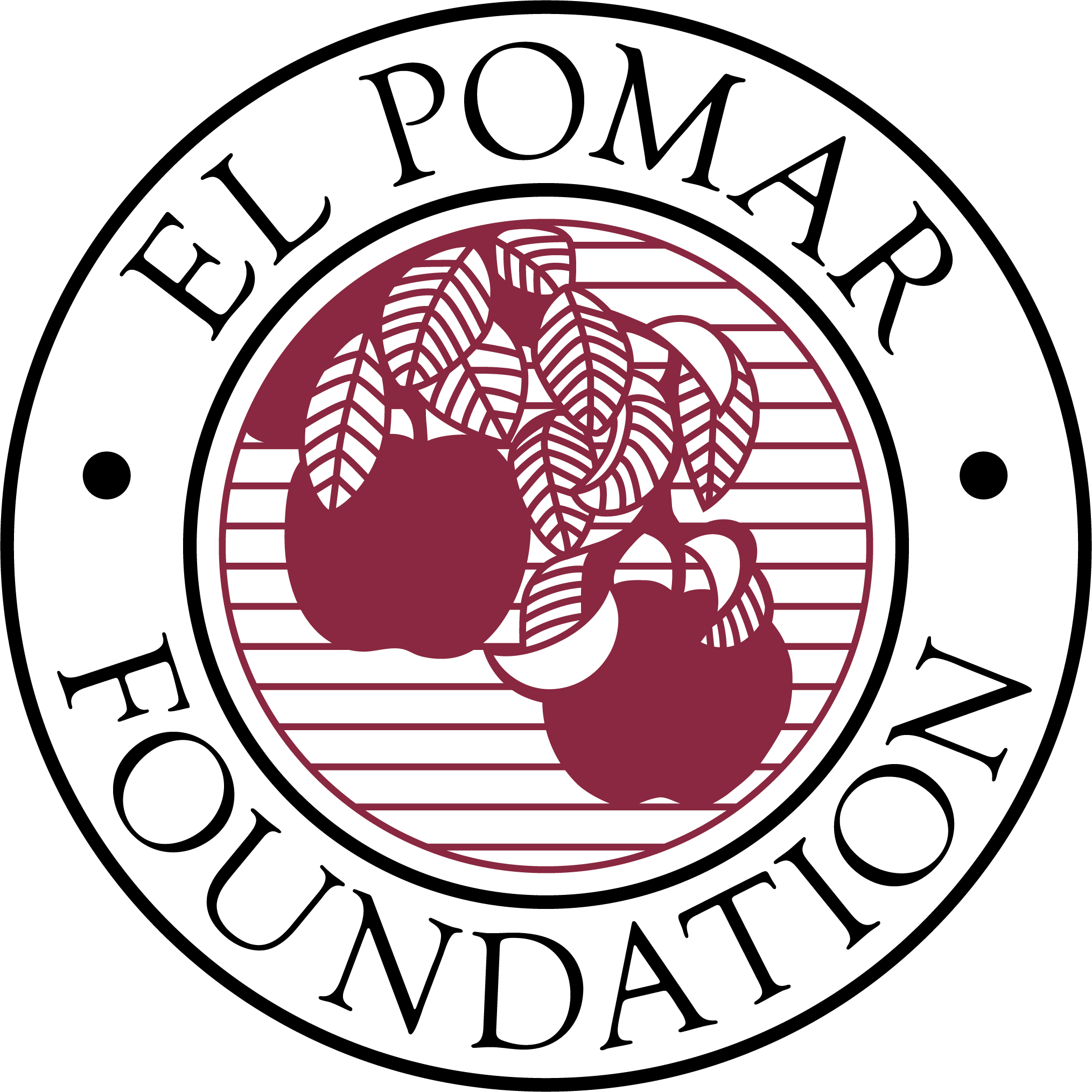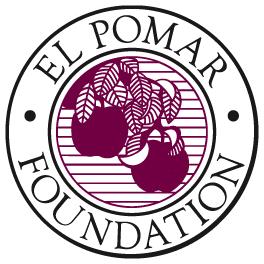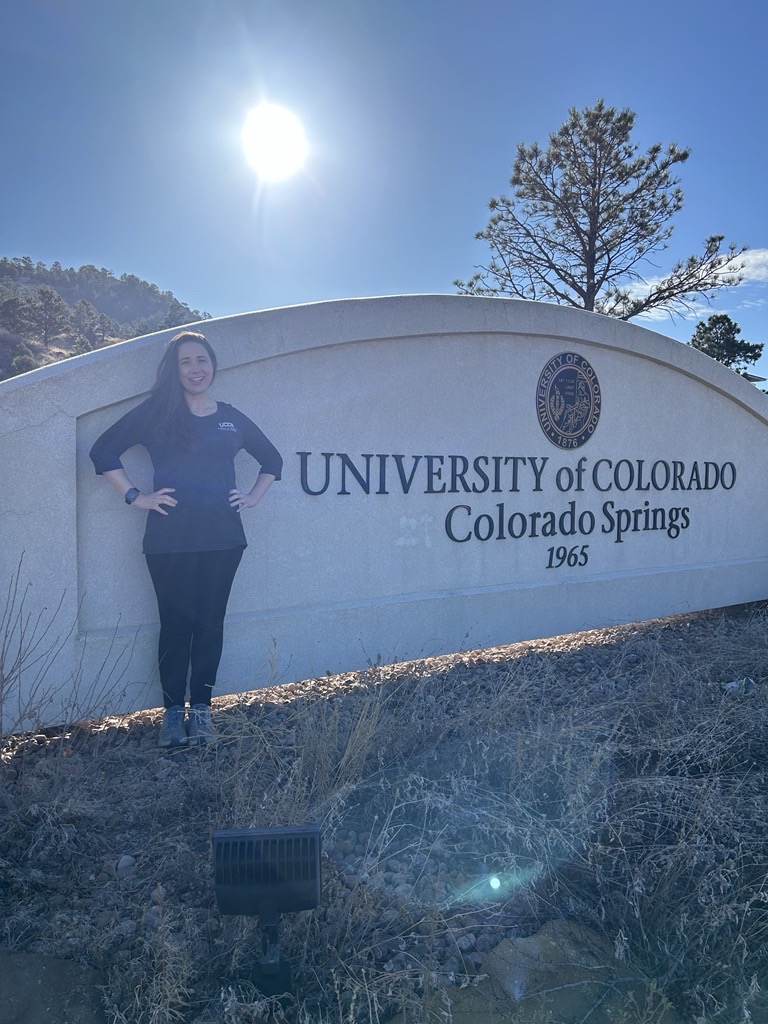I recall that day in late December 2022, when Jacqueline Bisaillon (Fellowship class of ’08), Associate Director of the Office of Admissions, walked down the hall from her office to come chat with me before winter break at UCCS began. Amid our shared wishes for relaxation, she asked if I was familiar with El Pomar’s Fellowship. While I had heard of it, I hadn’t considered applying until then, when she encouraged me to do so. It was a brief and welcoming exchange, one that put the key in the lock to a door I had yet to see was accessible. Her words of encouragement were the first helping hand I grasped, leading to my current place of community within the Fellowship. Therefore, it made perfect sense to turn to her, just over a year later, to learn more about her journey before and after her Fellowship experience.
During our interview, Jacqueline explained that, as a Colorado Springs native, attending college out-of-state wasn’t her first desire, but once she toured Whitworth University in Spokane, Washington, she knew it was a place she could call home – an early lesson in finding belonging.
Initially thinking of going to college to be a math teacher, Jacqueline quickly found another calling, coming from her sociology class. One class led to another, until a class on making change and urban planning helped her determine she was driven by making communities she cared about better. When Jacqueline shared this epiphany, I saw the connections toward her professional journey begin to materialize. Bettering communities that we care about is a valiant and difficult mission, and one that Jacqueline identified early in her journey.
Jacqueline interned for El Pomar before graduating and joining the Fellowship
“I really wanted to have the experience of the Fellowship and continue to grow and develop,” she said. “I also really missed Colorado Springs and wanted to be close to my grandparents.”
I noticed her desire for community reveal itself again.
“When I thought about my work in bettering community, I realized how deeply I valued my higher education and how transformative that time can be,” she continued.
So, where does one who knows the community-building power of higher education go?
“I went into admissions,” she said. “I was thinking it was going to be like sales, and it’s not. It’s about fit and feeling. It’s about people helping people find the right place where they can feel comfortable.”
I began to gather from Jacqueline’s responses that, for her, building community had more than one meaning. There was both the nurturing of the existing community and the invitation to new people to join and build the community in size. Her self-described leadership philosophy further revealed this to me:
“It’d be like some sort of cookie recipe that we’re refining all the time and changing out different things until we get the perfect cookies that we want.”
Her current position as the Associate Director of Admissions has Jacqueline doing both community building and betterment.
“Whenever I hire new staff, I always tell them, ‘We’re the farmers of the university.’ Our job is to plant seeds, and those seeds will get watered when students come here. The idea of planting seeds is about exposing them to all the different majors available. It’s giving them opportunities to understand how financial aid works. It’s about the experience,” she said.
Seeds can only grow if planted and then cared for; simply throwing them in the dirt does nothing. This metaphor challenges us with the double requirement of building community, the two prerequisites that Jacqueline knows well and continues to pursue: invitation and cultivation. Not just once, but over and over and over again.
As our time ended, Jacqueline shared a quote from Marianna Williamson that I knew before the interview, but upon hearing it again, provided a wholly new meaning:
“We are all meant to shine… And as we let our own light shine, we unconsciously give other people permission to do the same. As we are liberated from our own fear, our presence automatically liberates others.”
So, remember, if we truly want to better our communities, we must invite and cultivate, but—most importantly—we mustn’t ever forget to shine.



